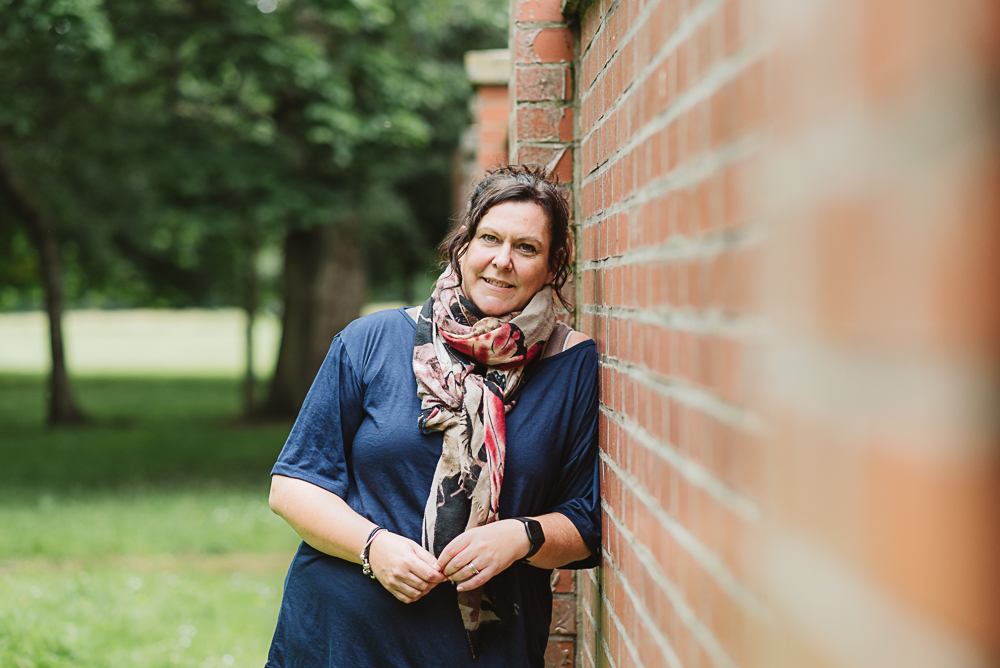
For this week’s blog I have a guest contributor, Carol Nesbitt of The Blend Centre, who is focusing on why someone might choose to seek out therapy.
Carol has a degree in psychology and criminology and for two decades she has been working with people therapeutically. During that time she has continually gained experience, attending courses that inform her practice.
Carol is a qualified Transactional Analysis therapist but uses a mix of psychological approaches such as Mindfulness, Acceptance and Commitment Therapy and CBT. She is also an NLP Master Practitioner and accredited trainer.
You can read more about Carol here.
This is the seventh of my monthly guest contributor blogs focusing on different aspects of maintaining our mental health. You can read the previous posts here:
Amanda Manson – Clearing away the distractions
Kimmy Drain – 5 Self Care Rituals in 5 Minutes
Sarah Steinhofel – Your Mental Health – Enjoy the Ride!
Kate Brown – How is Massage Beneficial to Mental Health?
Sara Kay – Laughter for Mental Health
Emily Jolliffe – Are you feeling patient even when your child has a meltdown?
**************************
My journey
It is a requirement to undergo your own therapy to become a therapist and this was the first time I had ever experienced therapy. I can remember clearly feeling a little aggrieved as I was ‘fine’ and didn’t need therapy. That was over 10 years ago, it was the best thing I have ever done, certainly my best form of self-care and I have been dipping in and out ever since.
My early thoughts around therapy were a lot like many people have… you need to be mentally ill, depressed, have anxiety, possibly at the end of your tether and have something wrong with you to go and talk to a professional.
I soon learned that this is not the case at all, therapy allowed me to become more self-aware, and to be able to slow down, regulate my emotions and responses. I developed a better understanding of my thoughts (helpful and unhelpful), and how to change things that were holding me back.
People come to see me for therapy for many different reasons. So, what does a person’s journey into therapy look like? Let me share it with you.
A journey into therapy
Something feels wrong but you’re not sure what it is.
Of course, everybody’s life and therapy journey is different but imagine this…
On the surface everything seems ok. You have a nice house, family, good job but something isn’t quite right, and you can’t work out what it is.
There is no reason to feel the way you feel but you just can’t shake it off.
You are feeling a bit unhappy with life, dissatisfied or maybe a bit stuck and you still can’t work out why. Perhaps you are disappointed by something, feeling low, having trouble sleeping or noticing negative thinking.
Often at this stage, people go it alone and try and work it out by themselves.
Unhelpful strategies
No-one likes unpleasant thoughts and feelings. It’s unsettling and there are many strategies you might try out to get rid of them. Although more often than not, these strategies lead to feeling worse instead of better.
Do you recognise any of these?
Self blame
You might be blaming yourself for feeling down and that you need to ‘pull yourself together’ or question ‘what is wrong with me?’ You might be giving yourself a really hard time – bullying yourself into feeling better by calling yourself names or saying things such as ‘I’m useless’.
Push away
Supressing unwanted thoughts and feelings is a way of getting rid of them. Forcefully pushing them out of your mind or pushing feeling deep down inside.
Avoidance
There are many ways to avoid uncomfortable thoughts and feelings. Avoiding people, places, situations can be a common control strategy. For example, cancelling a social event to avoid feeling anxious.
Distraction
This is a good old favourite of mine (never really works in the long term). Distractions such as phones, shopping, drinking, over-working. The list goes on and can lead to creating more problems than it resolves.
How can therapy help?
The reality is life is hard. There are days that feel good, some that you are just about getting though and some that are one big struggle. Talking with a therapist can help you to make sense of the things running through your head. I help people to unhook themselves from difficult thoughts and feelings. Together we look at what matters to you, strengths and qualities, how you think about yourself, others and the world and what gets in the way of you living the life you want.
Why not just talk to friends or family?
In relationships with friends or family the focus is on both parties, otherwise it would feel lopsided and imbalanced. However, in therapy the focus is solely on you. It is your space to get things off your chest and I provide room for self-exploration in a way you may not have experienced before.
Add to this the clinical training and years of experience, working with a therapist means they can keep a watchful eye on unhealthy habits or coping strategies. In therapy, I allow my clients the freedom to express what is going on for them without judgement, which can feel liberating, it helps you to gain an insight into yourself and see things from an alternative perspective, in a way that promotes lasting change.
Carol Nesbitt
The Blend Centre
October 2021
